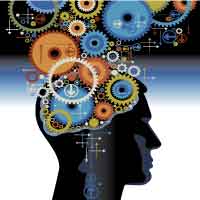 August 4, 2018 0 Comment
August 4, 2018 0 Comment For a significant time of the last century, scientists researching drug addiction struggled in the glooms of influential myths, trends and misconceptions about the nature of drug addiction. When scientists began to study addictive patterns in the 30’s, drug addicts were considered to be morally deficient and willpower less. Those thoughts wrought society’s retort to drug use, treating it as a moral failure rather than a disease, it led to an importance on criminal like punishment rather than prevention and treatment.
Now a day, thanks to medical science, people’s views and responses to drug addiction and the various ranges of substance use disorders (SUD) have changed dramatically. Revolutionary discoveries about the human brain have transfigured our knowledge about drug addiction, facilitating us to respond efficiently to the problem.
As a result of the studies, we know that drug addiction is a medical disorder that affects the brain and changes addict’s behavior. We have recognized many of the biological and ecological risk factors of the disorder. Additional professionals with the help of medical science used this knowledge to develop effective prevention and treatment approaches to diminish the damage caused by drug addiction on individuals, families, and communities.
At Utshob Drug Addiction Treatment Center, we believe that enhanced knowledge of drug addiction will empower people to make well-versed choices in their own lives, adopt science-based policies and programs that reduce drug addiction in their societies, and support evidence based drug addiction prevention and treatment programs that improves everyone’s well-being.
